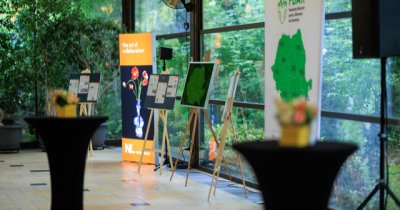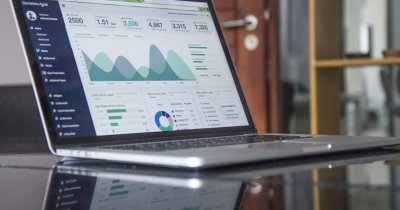But this new job segment caused some confusion among candidates and recruiters, most having issues with regards to pay packages, defining titles, responsibilities and the skills required to do such a job.
According to GreenBiz, sustainability as a profession is still a challenging concept for companies to fully understand and define, and the lack of employee key performance indicators also poses some issues still.
Katie Kross, a sustainability educator at Duke University's Fuqua School of Business, has been observing the job market for about two decades and said that "the sustainability job market is booming. There has never been a better time to pursue a career in sustainability."
Matthew Sekol, sustainability industry advocate at Microsoft, also commented on the subject, saying that "just like the internet completely transformed businesses in the early 2000s, sustainability is about to transform the way we do business like never before. But we are at a nascent stage."
Since global economies will need to rethink their business strategies in order to avoid the disastrous effects of climate change, more and more countries will focus on acquiring green talent that will help companies achieve climate goals and set the stage for a greener future.
The United States, Australia and the United Kingdom already offer great job opportunities in the green jobs market, while India and Brazil are among the countries that are developing fairly quickly in this direction.
As stated in LinkedIn's latest Global Green Skills Report, agriculture, design and energy are just some of the domains that look to hire as much green talent as possible in order to ensure that they improve with regards to sustainability.
Still, despite all the job opportunities in the green jobs sector, students graduating with sustainable development, climate science and environmental policy still struggle to find a job.
Lupe Cornejo, a sustainability management graduate student, is one of the students fresh out of college that has a hard time finding a job, and she says that "after over half a dozen applications, I started questioning my approach and the hiring process. I couldn't understand what I was doing wrong — I had the right degree, referrals in place, yet couldn't get an interview call."
Katie Kross thinks that the network of people is also important, and it should definitely be used instead of relying just on online postings to get a job.
According to her, "you cannot neglect your networking; this is the most important part of the search. Most job seekers are successful in their sustainability searches because of the relationships they’ve developed and the conversations they’ve had, rather than relying solely on online postings."
Experts say that business leaders are looking forward to expanding the budgets for sustainability teams that have the power to change the strategy for good, in order to meet the expectations of stakeholders and to enable new opportunities for the companies that they work for.
Alison Taylor, a senior advisor to Business for Social Responsibility (BSR) and executive director at Ethical Systems, thinks that people who want to pursue a career in sustainability need to be wary of the potential difficulties and challenges that might arise in this sector, as sustainability isn't yet defined exactly for all industries.
"Everybody who wants to work in sustainability should be cautious about a job that’s called a 'sustainability' job. We lack clarity on what skills qualify as sustainable. It can mean different things in different sectors, industries and geographies. For example, it could mean working in marketing, program management, risk advisory or being an environmental engineer, a human rights lawyer or a climate expert", she says.
 Mihai - Cristian Ioniță
Mihai - Cristian Ioniță












Any thoughts?